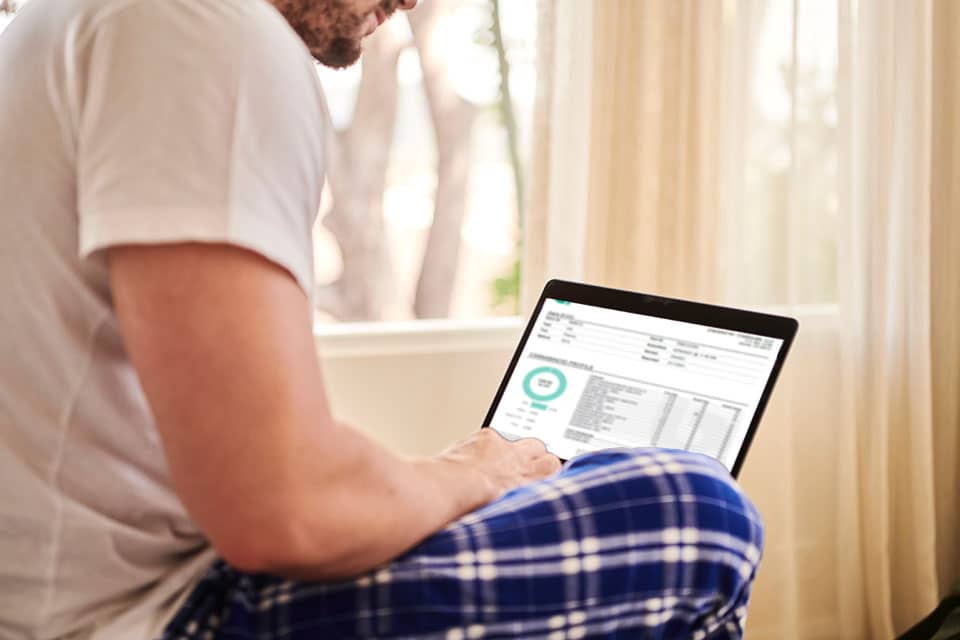Are labels on CBD products important?
Yes, labels are important! Research from the University of Pennsylvania School of Medicine, in 2017, found that about 70% of CBD labels contained misleading or false information. Reading labels is important because a product being on a shelf or available for purchase does not immediately equate to its validity.
What is a COA?
A COA is a Certificate of Analysis that comes from a certified laboratory. Manufacturers are responsible for sending their product to the lab to be tested. The products are tested to confirm that the product’s CBD content is equal to what is stated on the label and advertised.
A COA offers a thorough analysis of ingredients in each product, specifically focusing on the quantity of various cannabinoids. It is also used to highlight potentially dangerous contaminants if they are present, and it proves the claims of the manufacturer.
A COA is beneficial for both the consumer and the company because it monitors quality of work and operates as a form of assurance. The absence or presence of a COA can help you easily decipher what CBD products to trust. If a product is missing a COA, this is a cause for concern.
Where can I find the COA?
At JuJu Royal, our COAs are available on our website. In addition to online access, some CBD products will have their COA available through the scan of a QR code on the product; however, not all states require CBD products to have a QR code. Some companies that don’t have it on their website or products may offer it to their customers upon request. When reading COA’s it is important to ensure they are up-to-date, and the batch numbers match the ones on your product.
How should I read the COA?
When reading a COA, confirm that it is from a third-party to ensure there is no bias. A “third-party test” means the COA did not come from the same company selling the product. Every COA should be verified with the name and title of the lab’s director to prove its authenticity.
What you are evaluating should be a Certificate of Analysis and not a Certificate of Compliance. These are easy to confuse, and although Certificate of Compliance certifies that a product abides by certain policies, they do not require test results that ensure product quality.
Check the date when reading a COA to ensure the tests are relevant to the product being bought. Use the cannabinoid profile to know which cannabinoids were detected in the sample and to learn the potency of the concentration.
Focus on the concentration of CBD, all CBD products are legally required to contain 0.3% THC or less. Assure that the CBD percentage claimed to be present in the product matches what is on the COA. Other testing such as, “Heavy Metal Analysis,” will highlight if any harmful or toxic substances were detected in the lab.
The cannabinoid profile in the COA may be shown as milligrams per unit or in terms of milligrams per gram of product expressed as a percentage. Get out your calculator if the profile is a percentage.
(Total milligrams of product) x (% total cannabinoids) = Total CBD in product
1 milliliter of liquid generally equates to 1,000 milligrams. Therefore, a product with 30ml of liquid (30,000 total mg) with a CBD cannabinoid profile of 5.95% would mean there are 1,785mg of CBD present in the product.
Recap:
- All CBD products you buy should have a COA available.
- Make sure the CBD contents of the product are equal to what is claimed by the company.
- For it to be qualified as a CBD product, legally, it should have no more than 0.3% THC.
- The COA should be from a third-party, not the company you’re buying from.

